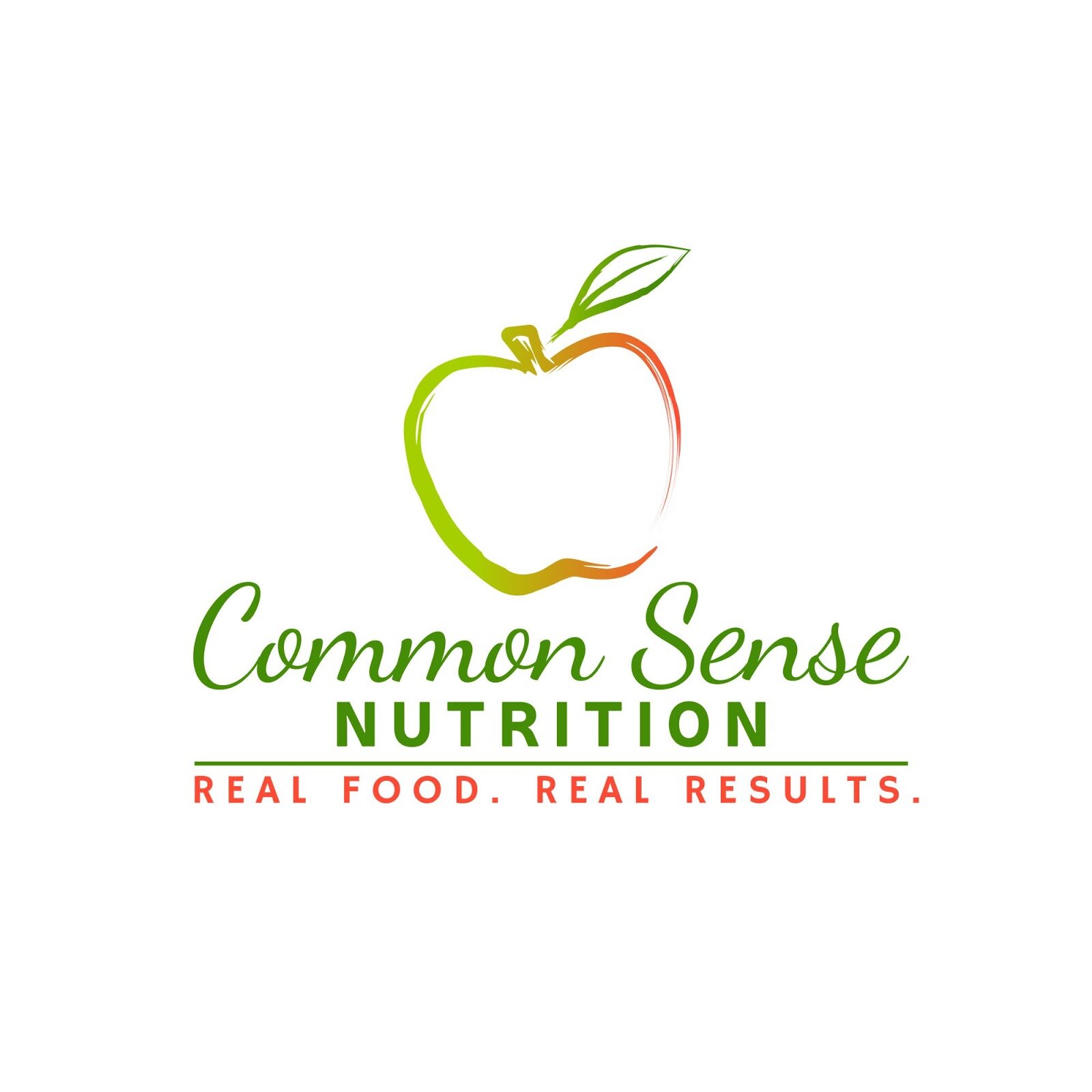Super Healthy 15-Minute Shrimp and Cabbage Recipe

Super Healthy 15-Minute Shrimp & Cabbage Recipe
Hello there!
It’s Lisa Jo, your friendly nutritionist, with a simple, delicious recipe for anyone concerned about:
Bone health
Gluten-free diets
Cardiovascular health
Weight loss
Thyroid health
Eye health
Cancer prevention
Preparing a QUICK, healthy meal
Let's start with the ingredients:
2-3 tbsps Coconut Oil (Virgen & organic is best).
1 tablespoon Butter (optional, but I’m obsessed with butter!)
3-4 Garlic Cloves (finely chopped)
1 Lemon or Lime (juiced)
½ tsp Red Pepper Flakes
8 cups Green Cabbage (thinly sliced)
2-3 Tablespoons Sesame Seeds
1 pound Shrimp (raw, peeled, deveined)
Directions:
Heat ½ the oils in a large skillet over medium heat. Add shrimp, minced garlic, lemon juice, and red pepper flakes. Saute until shrimp is pink (2-3 minutes). Transfer the shrimp and juices to a bowl and cover to keep warm. Set aside.
Place the skillet back over medium heat and add the remaining oils. Add green pepper and season with sea salt and black pepper. Sautee for at least 8-10 minutes. The cabbage is done when it is softened and starting to brown.
Add shrimp and marinade back into the skillet and mix well. Divide onto plates and garnish with sesame seeds.
Here are some amazing health benefits of this recipe:
Cabbage is high in vitamin C and fiber while being low in calories. It contains a compound abbreviated DIM that has been studied for the prevention of breast cancer (Thomson & Strom, 2016). It also contains sulforaphane, also known for its cancer-fighting qualities. The high water content of cabbage makes it a natural diuretic. It contains magnesium which supports healthy bones and blood pressure.
Shrimp is high in protein and easy to cook. It contains astaxanthin, a powerful eye-protective antioxidant. Shrimp is also unusually high in thyroid-supporting minerals such as selenium, iron and iodine.
Garlic contains allicin which is known to support immunity, as well as heart and brain health.
Lemon is very high in vitamin C.
Sesame seeds are high in healthy fats, fiber, cell-protective vitamin E, and bone protective minerals such as calcium, magnesium, manganese and zinc.
Coconut oil is a healthy saturated fat with antimicrobial properties. It is classified as a medium chain triglyceride meaning it is readily used for energy and not likely to be stored as fat – a great benefit to anyone looking to lose weight!
Who should avoid this recipe?
I can almost see a few of you shaking your heads thinking you need to avoid both shrimp and saturated fats because one is high in cholesterol and the other might “clog” your arteries.
As a nutritionist, I am much more concerned about your fasting glucose levels, triglycerides, and markers of inflammation. If your cholesterol is elevated or you have a history of cardiovascular disease (CVD), I’ll look at particle sizes. In any case, the connection between dietary cholesterol and cardiovascular disease is tenuous at best (Soliman, 2018).
As for saturated fats, over ten years ago a meta-analysis of studies looking at heart disease found that “there is no significant evidence for concluding that dietary saturated fat is associated with an increased risk of CHD or CVD” (Siri-Tarino et al., 2010). In spite of these studies, confusion abounds. If you are still worried about the cholesterol in this recipe, keep in mind that it is also very high in cholesterol-lowering fiber.
If you are allergic to shrimp, you should obviously avoid this recipe. You could get many of the health benefits by omitting the shrimp and serving the cabbage as a side dish. Or you could experiment with other protein sources such as tofu or chicken.
Sources:
Siri-Tarino, P. W., Sun, Q., Hu, F. B., & Krauss, R. M. (2010). Meta-analysis of prospective cohort studies evaluating the association of saturated fat with cardiovascular disease. The American journal of clinical nutrition, 91(3), 535–546. https://doi.org/10.3945/ajcn.2009.27725
Soliman G. A. (2018). Dietary Cholesterol and the Lack of Evidence in Cardiovascular Disease. Nutrients, 10(6), 780. https://doi.org/10.3390/nu10060780
Thomson, C. A., Ho, E., & Strom, M. B. (2016). Chemopreventive properties of 3,3'-diindolylmethane in breast cancer: evidence from experimental and human studies. Nutrition reviews, 74(7), 432–443. https://doi.org/10.1093/nutrit/nuw010
Disclaimer
The included information is not meant to or should not be used to replace or substitute medical treatment, recommendations, or the advice of your physician or health care provider. The information contained within is strictly for educational purposes and is based on evidence-based nutrition. If you believe you have a medical problem or condition, please contact your physician or healthcare provider.
